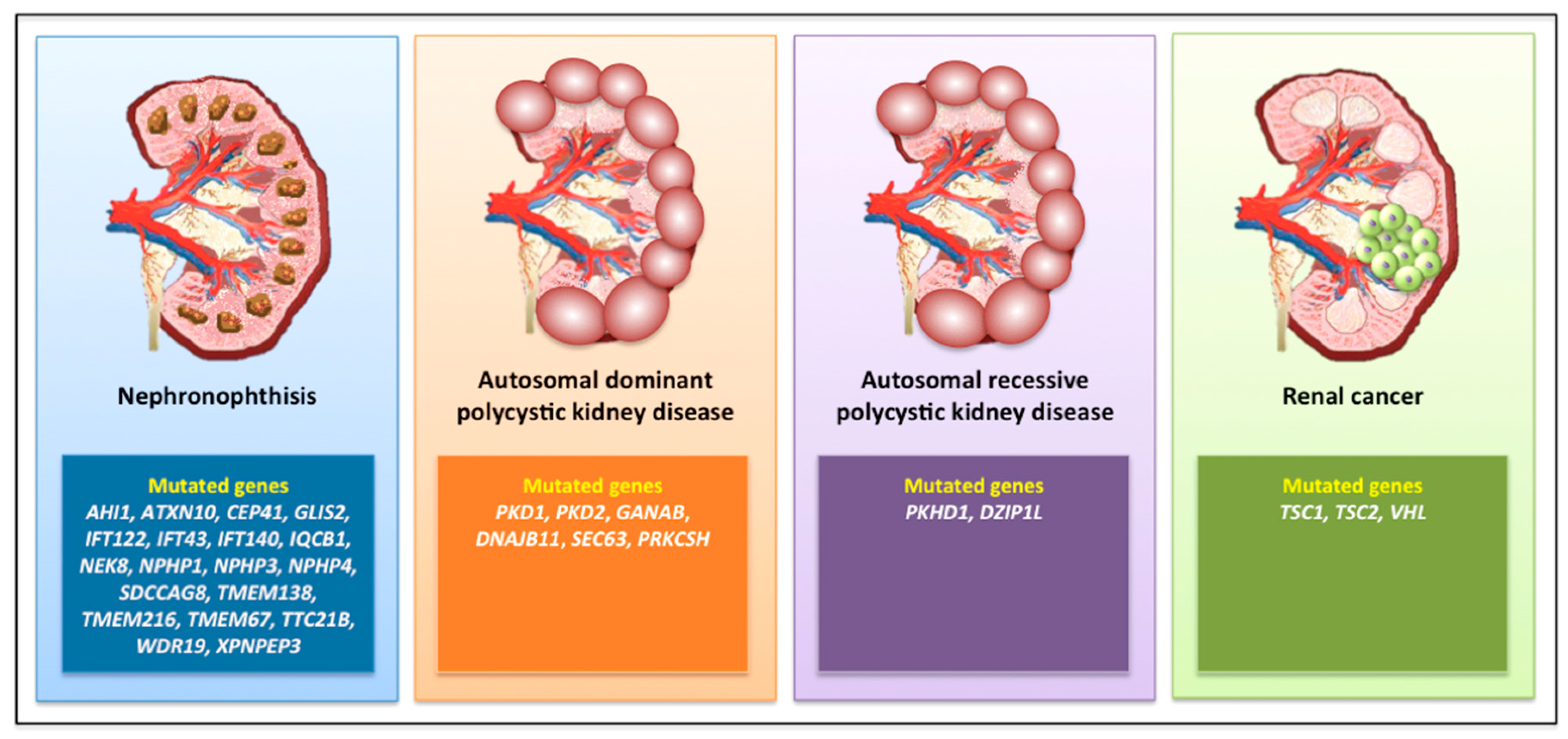I need the congenital cystic kidney disorder
Congenital cystic kidney disorders encompass a range of conditions that result in the formation of cysts within the kidneys, which can significantly affect their function. Here’s a summary of the main types of congenital cystic kidney disorders based on the latest resources:
-
Autosomal Dominant Polycystic Kidney Disease (ADPKD): This genetic disorder is characterized by the development of numerous cysts in the kidneys, leading to enlarged kidneys and kidney dysfunction over time. Symptoms can include high blood pressure, back pain, and frequent kidney infections. Although ADPKD typically manifests in adulthood, it is a significant cause of kidney failure.
-
Autosomal Recessive Polycystic Kidney Disease (ARPKD): ARPKD is a rarer form that often presents in infancy or early childhood. It is marked by the presence of cysts in both kidneys and can cause severe complications, including kidney failure and liver issues. Newborns may display symptoms such as high blood pressure or respiratory distress.
-
Multicystic Dysplastic Kidney (MCDK): MCDK is a condition observed in newborns where one kidney contains multiple cysts and does not function properly. It usually occurs when there is a disruption in kidney development, and the affected kidney is often non-functional, while the other kidney compensates.
-
Cystic Renal Disease: This term broadly refers to a group of conditions associated with the presence of renal cysts. Various genetic factors can lead to renal cystic disease, and it also encompasses conditions with varying complications.
-
Congenital Cystic Dysplasia of the Kidneys: This condition includes a range of kidney and urinary tract defects that can lead to blockage in urine flow and result in developmental anomalies and renal failure.
-
Other Forms of Renal Cystic Diseases: Additional types include autosomal dominant tubulointerstitial kidney disease (ADTKD) and different syndromic presentations that feature cystic kidneys. These encompass both genetic and non-genetic factors influencing their development.
For specific details on each disorder, including symptoms and management options, you may find the following resources beneficial:
- Cystic Kidney Disease: Causes, Symptoms & Treatment - Cleveland Clinic
- Renal Cystic Disease - StatPearls - NCBI Bookshelf
- Congenital Cystic Dysplasia of the Kidneys - Merck Manuals
- Diagnosis and Management of Renal Cystic Disease of the Newborn
- Pediatric Cystic Disorders of the Kidneys - RWJBarnabas Health
These resources provide a comprehensive overview of congenital cystic kidney disorders, contributing to a better understanding of their implications and management strategies.
Sources


Related Questions
Work fast from anywhere
Stay up to date and move work forward with BrutusAI on macOS/iOS/web & android. Download the app today.
